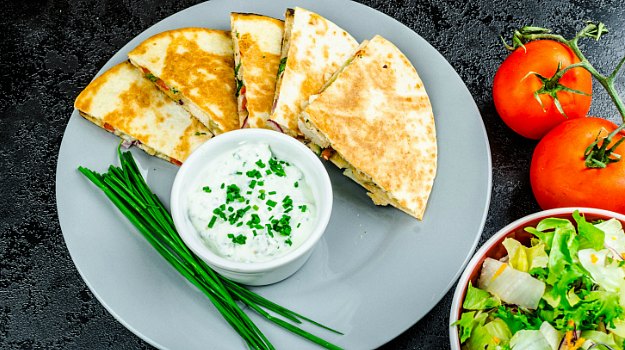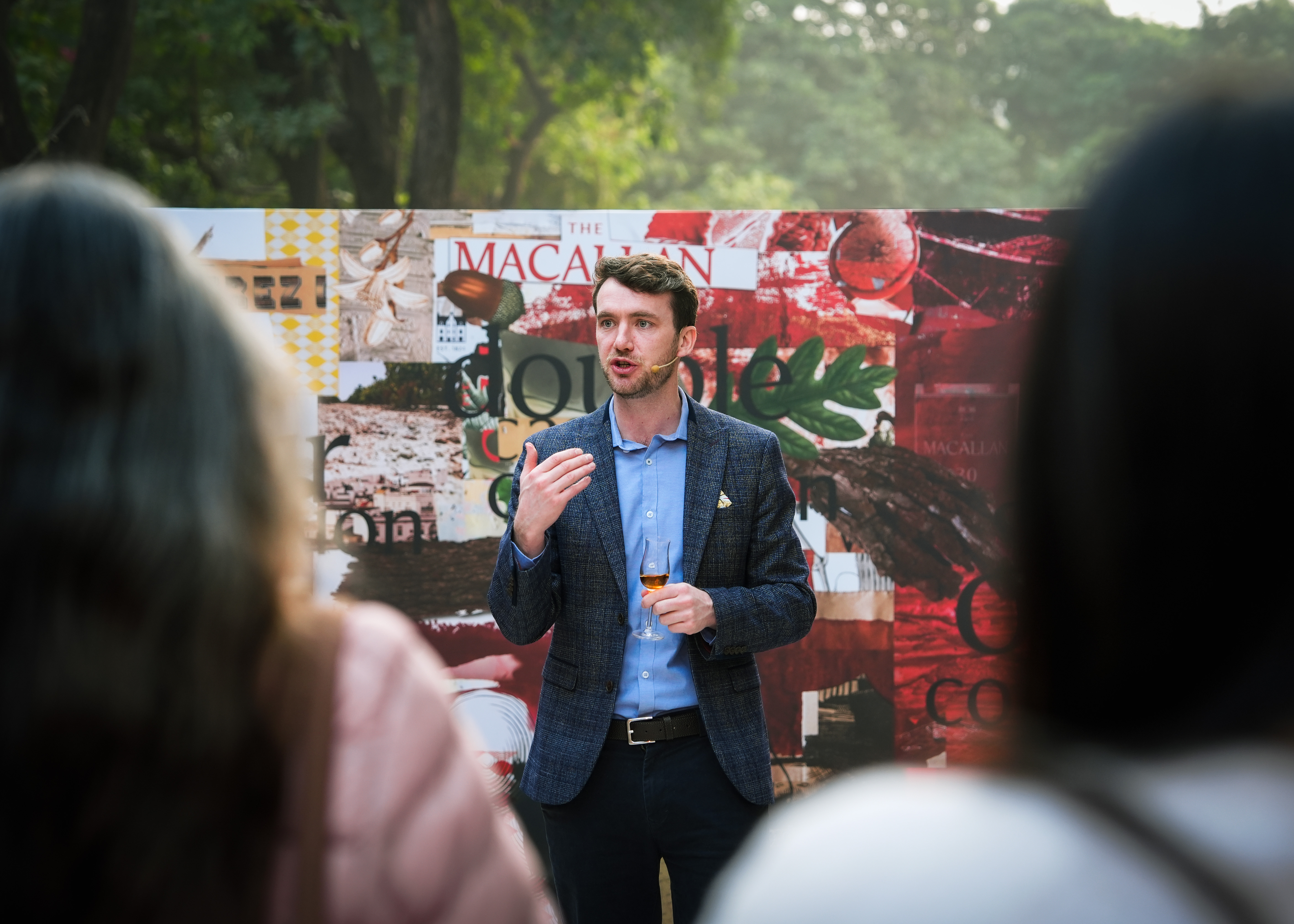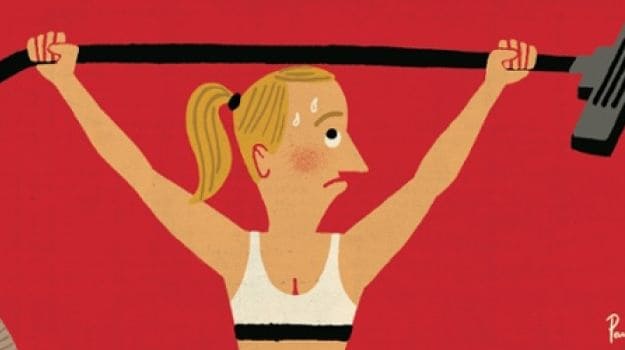Is there something amiss with our assumption that stress equals misery, while a stress-free life is bliss?Stress is one of those words that can mean so many things, it risks meaning nothing at all. If I told you my day was “very stressful” because I had too many places to be, you’d think me no more than slightly melodramatic. But if you were the sole survivor when a tourist bus plunged into a mountain gorge, you might reasonably describe the following years as “very stressful”, too. When a concept covers that much ground, it’s a sign there’s something dodgy about it, and in her new book, The Upside Of Stress, the psychologist Kelly McGonigal shows how dodgy. Case in point: in 2011, a study of 30,000 Americans linked high stress to a 43% increased risk of death, but – get this – only among those who already believed that stress is bad for your health.
This is hardly the only evidence that something is amiss with our assumption that stress equals misery, while a stress-free life is bliss. In surveys, the most stressed countries are also among the happiest, and vice versa. (People in Mauritania, for example, are among the world’s least happy, yet report very low stress.) High stress is associated with higher levels of meaning in life, and there are even hints, in some research, that a reduction in stress can trigger depression. Which is awkward: it means all those books on beating stress and ads for stress-busting holidays might be making matters worse, by reinforcing the assumption that it’s something we need to escape from.
Only an obnoxious positive thinker would conclude that we can simply snap our fingers and decide not to find stress unpleasant. But that doesn’t mean we shouldn’t try to reframe it as “happiness-neutral”. It’s sometimes the cause of suffering, sometimes a sign of challenge, just as a 20kg weight is bad if it’s falling from on high, but good as part of a gym routine. There’s truth, McGonigal writes, in the adage that “the effect you expect is the effect you’ll get”. In one study, hotel housekeepers grew physically healthier when encouraged to think of their hard work as good exercise; those who saw it as arduous labour didn’t.
You’ll have spotted the sinister political potential here. If we can persuade everyone that tiring jobs and overwhelming workloads are good, why worry about building a saner society? That would be the wrong lesson to learn: just because hotel housekeepers are capable of treating their backbreaking work as a growth opportunity, it doesn’t mean they ought to have to. Still, it’s a useful reminder that stress isn’t always what it seems – and that a seemingly gruelling task can be reinterpreted as a relishable challenge. A popular piece of advice is to stop saying “I have to” (attend that event, go on that trip) and start saying “I get to” instead. Glib? A bit. But can you honestly say you never moan about stuff that others would love the chance to do? I can’t. Admittedly, I also take some pleasure in the moaning. But let’s leave my psychological problems out of this.
• Oliver Burkeman will be speaking at a Guardian Live event, Buying Happiness, with Philippa Perry and others, on 18 May at Conway Hall, London WC1; go to membership.theguardian.com.
oliver.burkeman@theguardian.comIllustration: Paul Thurlby for the Guardian











